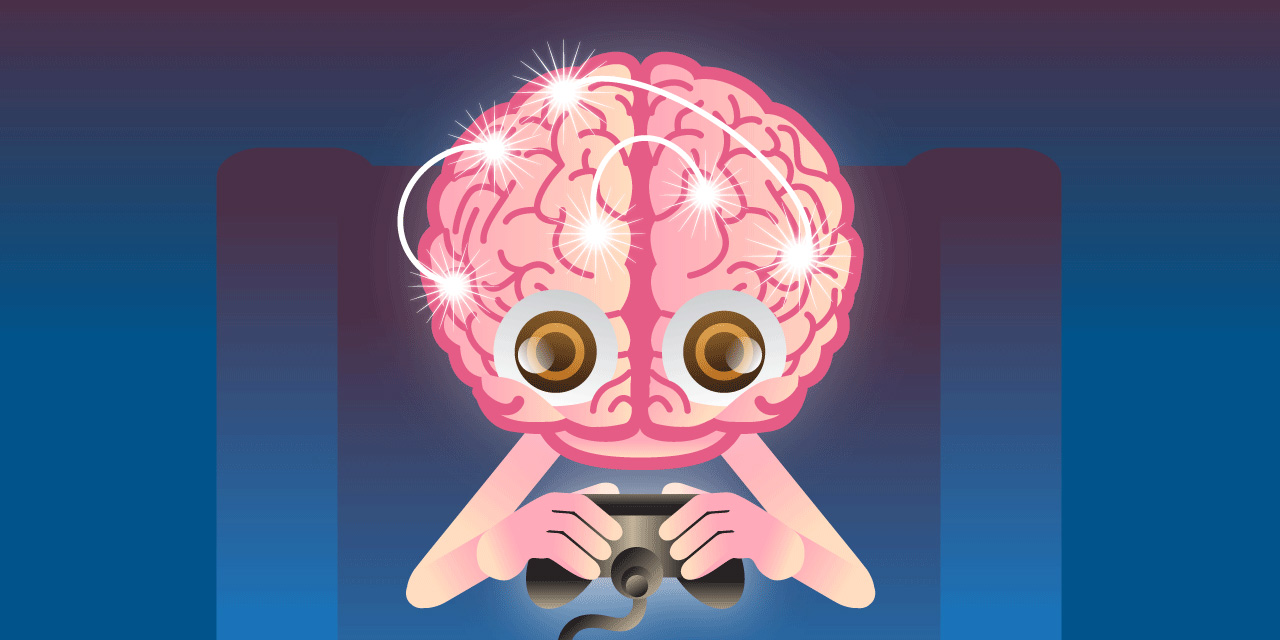When Video Games Are Played, Do They Have An Effect On The Brain?
Our brain may change in several ways depending on the types of online and juego sin internet video games we play and the amount of time we spend playing them.
What comes to mind? Is it you who is enjoying a video game with your friends? Is one of your parents warning you that you’re destroying your brain by playing so much? Let’s take a step backward. Is your mind spinning? Is it true that games like farm city have an impact on your brain? Well, I’m happy to inform you that you’ve arrived at the correct location.
Today, we’ll look at the various forms of video games like PubG or farm island, as well as the myths and realities that surround them. We’ll be looking at two different genres of video games today: action games and strategic games. Let’s start with battle royale/action shooter games, which have been the most popular video game genre in recent years.
But what effect do these kinds of games have on your brain? Action games feature rapid speed, high perceptual and motor load, unpredictability, and a focus on peripheral processing, in addition to being violent. According to studies published in Nature Neuroscience, playing an action video game can improve visual attention. Adults’ contrast sensitivity can be increased by playing action games. This is especially crucial when night driving.
However, some gaming specialists are concerned about the violence in video games. A violent game lowered activity in the prefrontal parts of the brain in 45 teenagers after 30 minutes of playing. After just 10–20 minutes of violent gaming, the brain regions linked with anxiety, and emotional response increase, whereas activity in the frontal lobes associated with emotion regulation and executive control decreases.
On the other hand, strategy games have received a lot of positive attention for their cognitive benefits with few to no negatives. Playing these sorts of gameplay has been proven to boost intellectual abilities, such as increased sensitivity to contrasts, better eye-to-hand coordination, and improved memory.
However, video games can be addicting, and “online gaming disorder” is a term for this type of addiction. Researchers have come with a slew of evidence of functional and structural anomalies in the brain system in gaming addicts’ heads.
Three reward circuit components are the nucleus, amygdala, and orbitofrontal cortex. These have been discovered to affect each other considerably more in males than in females. And the stronger this circuit was connected, the better the males did in the game.
Because video games like hotel mania are still so young, research into their impacts is still in its early stages. Scientists are still trying to figure out which parts of games affect certain brain regions and how they affect them. Both positive and harmful effects of video games are likely, and we must accept this diversity.



